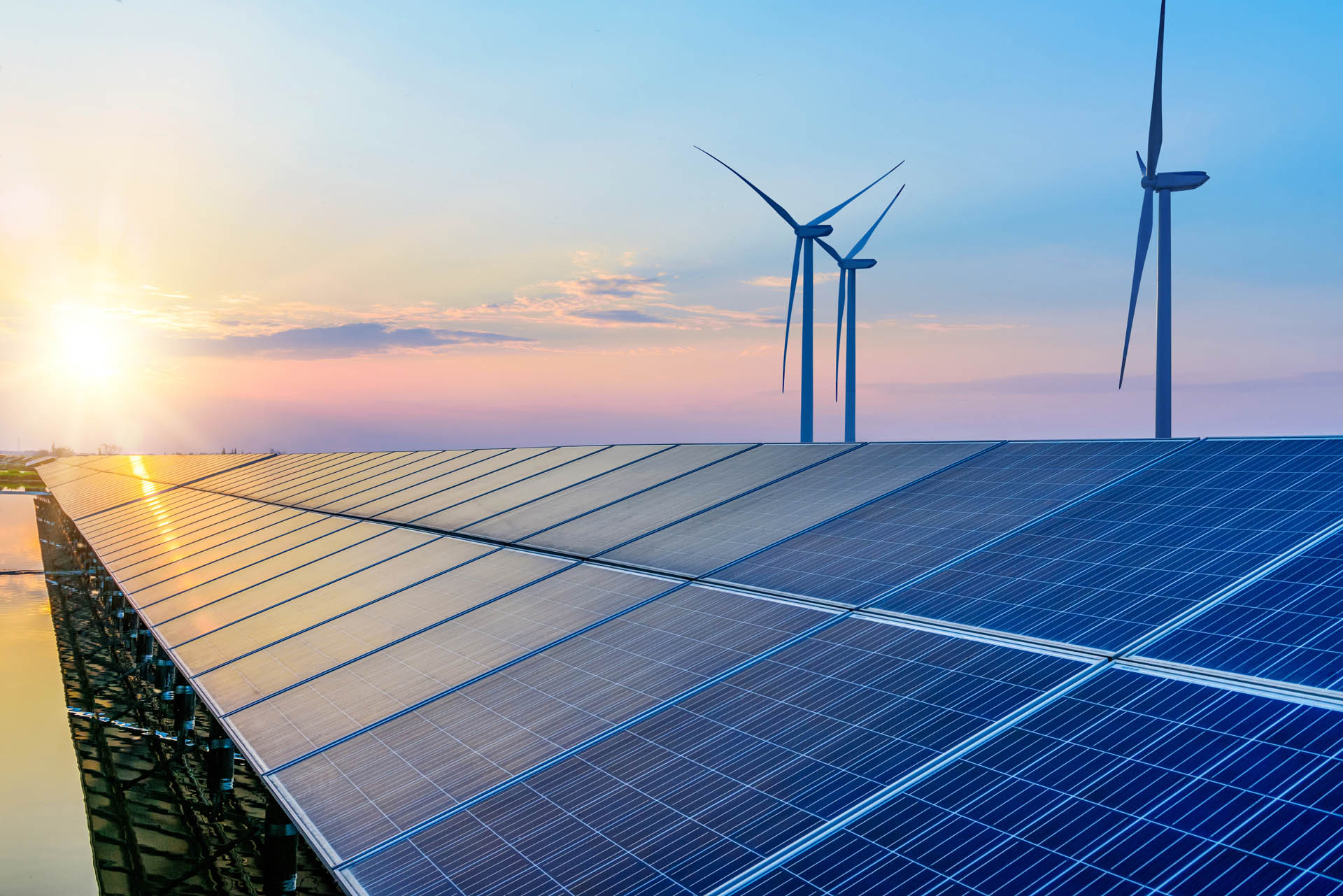The European Union has set targets for raising renewable energy generation. However, things still need to be improved to make renewables more readily available to industry. The problem today is that solar, wind and hydro-electric power stations are often far from where industrial clients have their installations. Such clients often buy their renewable electricity from other countries, and typically use a Power Purchase Agreement (PPA), which is a long-term contract to buy directly from a renewable energy generator. The contracts, which usually run for 10 to 15 years, mitigate the risk of price fluctuations while ensuring carbon reduction goals are cost-effective.
The principle of the PPA is to both support the long-term business developers of renewable projects and help industrial clients buy long-term renewable electricity contracts. It is a good tool, in principle.
PPAs can be concluded across borders which is helpful to better connect European energy markets. However, as electricity prices in Europe are determined per country, there can be price differences that vary over time in unpredictable ways. For example, as a buyer, a steel company in Germany purchasing from a renewable producer in Spain would see price differentials vary between €3.5 and €19/MWh between 2015 and 2020. At an industrial level, that is a significant difference.
This risk can be mitigated with the use of transmission rights to secure prices. But the owners of the transmission assets – the Transmission System Operators (TSO) – currently only sell transmission rights for the year ahead.
What’s another year?
This is an EU Single Market issue: cross-border activities are limited because they cannot be negotiated for longer than a single year. Because of these barriers, businesses cannot contemplate operations at EU scale. The rule discourages market participants, such as Engie, E.ON and others from developing cross-border PPAs. The result is that it slows investments in the energy transition to a low-carbon economy, jeopardising the EU’s hopes of reaching its target of 40% of renewables in EU energy consumption by 2030.
So, how can this be resolved? Urging the operators (the TSOs) to issue cross-border transmission rights for a duration longer than the year ahead would significantly mitigate the cross-border price risk, helping all parties. It would give the clients access to low-carbon electricity at optimal cost and help achieve the decarbonisation targets quicker. This change would also give TSOs a clear signal to invest in transmission grid reinforcement.
The solution is actually very easy to enact. There is no need for the European Commission to issue any new piece of legislation. The Commission just needs to call out the issue and ask European TSOs to initiate a revision of the existing guidelines and to review their practices to reduce the financial risk currently incurred by cross-border PPAs. There would only be minor modifications of technical methodologies, and the relevant guidelines should be adapted and validated by relevant national and European regulatory authorities.
This is a simple and urgent change that would not only improve the EU’s Single Market – it would also help the EU reach carbon neutrality by 2050. All market players – producers and consumers – need to commit to decarbonisation, to develop the right solutions and have access to the appropriate products.

Calming volatile energy prices
The prospects for the EU’s energy market are huge. In 2020, PPAs already represented a total capacity of 11GW. However, forecasts say that if more than 300 international businesses committed to 100% renewable electricity, they will collectively need to buy an extra 269TWh of clean electricity in 2030. Should this shortfall be met exclusively with offsite PPAs, it would catalyse an estimated 93GW of new, incremental solar and wind projects.
That’s not forgetting that PPAs can also provide an efficient response to volatile energy prices, which in 2021 became an especially pressing issue. Indeed, in October 2021, the Commission published its ‘EU Toolbox to tackle rising energy prices’ in which it urges Member States to encourage wider access to renewable PPAs.
The development of long-term cross-border renewable PPAs is one of the key solutions for the industry. Their expanded use depends on efficient, long term access to the transmission infrastructure managed by TSOs. Promoting such a complete and integrated internal electricity market will help to decarbonise energy and support the Single Market.
PPAs can be concluded across borders which is helpful to better connect European energy markets. However, as electricity prices in Europe are determined per country, there can be price differences that vary over time in unpredictable ways.
The solution is actually very easy to enact. There is no need for the European Commission to issue any new piece of legislation. The Commission just needs to call out the issue.


